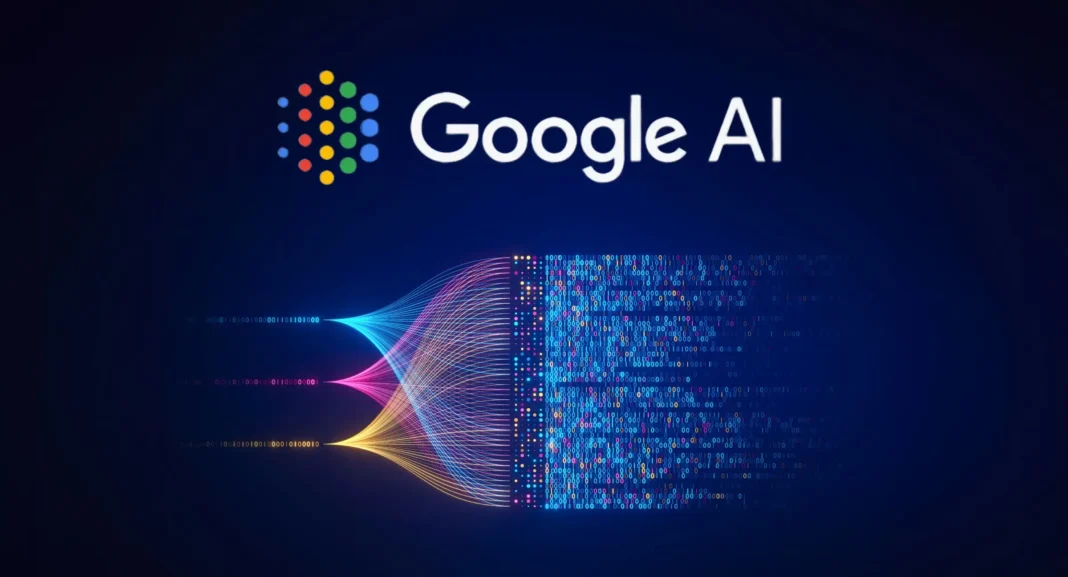At the 2025 Google I/O conference, the tech giant unveiled its most ambitious update to Google Search in years—AI Overviews. Built on its powerful Gemini 1.5 Pro model, AI Overviews fundamentally change how search works by replacing traditional link-heavy results with direct, AI-generated answers.
This move positions Google not just as a search engine, but as an AI-powered knowledge engine. Here’s a deep dive into what AI Overviews are, how they work, and what they mean for users, publishers, and the future of web search.
What Are AI Overviews?
AI Overviews are dynamic, machine-generated summaries that appear at the top of your Google Search results. Rather than just displaying a list of blue links, Google now presents a conversational, context-rich answer synthesized from multiple high-quality sources.
For example, searching “How to fix a leaky faucet” no longer surfaces just YouTube links or DIY articles—it now gives you step-by-step instructions, tools required, safety tips, and even video links, all generated by AI in real time.
These overviews include:
- Bullet points or steps
- Links to source content
- Embedded images or videos
- Follow-up questions you can ask in a chat-style interface
Powered by Gemini 1.5 Pro
AI Overviews are driven by Gemini 1.5 Pro, Google’s flagship multimodal model capable of understanding text, code, audio, and video. Gemini doesn’t just scrape and summarize; it synthesizes data across various formats to deliver concise, human-like responses.
Some of Gemini’s standout features:
- Handles long-context tasks (up to 1 million tokens)
- Understands multiple input types (images, PDFs, videos)
- Generates safe, relevant, and fact-checked responses
Global Rollout & Availability
- Now available in the U.S. to all users (no subscription needed).
- Rolling out to Canada, India, the U.K., and other countries in the coming months.
- Users can interact with the overviews via Search Labs, a testing ground for early Google AI features.
Use Cases
| Scenario | Old Search Experience | AI Overviews Experience |
|---|
| “Best phone under ₹30,000” | 10 blog links, ads | Curated list with features, pros, and cons |
| “How to prepare for IELTS?” | Mixed results, PDFs | AI-generated study plan with source links |
| “Symptoms of dengue fever” | Health blogs, WebMD | Summarized symptoms, treatment + follow-ups |
Impact on Content Creators & SEO
This innovation, while user-friendly, raises serious questions for publishers:
- Traffic Diversion: Users might stop clicking links altogether, getting answers directly from AI.
- SEO Shakeup: Traditional keyword strategies may become less effective.
- Attribution Concerns: While Google includes source links in AI Overviews, some creators fear under-crediting.
For content creators, adapting to this change may require:
- Optimizing for AI discoverability
- Creating rich, structured content
- Publishing media formats like videos and infographics that AI prefers
Accuracy, Safety & Controversies
Google claims AI Overviews are trained to avoid hallucinations, and results are grounded in verified sources. Still, the community is watching closely:
- Accuracy debates: Critics worry about spreading misinformation via confident-sounding AI answers.
- Bias and transparency: How the AI selects and prioritizes sources remains unclear.
- Ad revenue shifts: Less traffic to websites means potential ad income drops.
Verdict: The Future of Search?
Google’s AI Overviews are a bold step forward—making search faster, more conversational, and infinitely more helpful. However, it also disrupts long-standing norms of web content, discovery, and monetization.
If Google refines transparency, ensures fair traffic redirection, and lets publishers benefit from AI-generated answers, this could be the most revolutionary search innovation since the launch of Google itself.
Final Thoughts
AI Overviews signal a clear message: Search is no longer just about finding links—it’s about understanding the world faster. For users, it’s a game-changer. For creators and marketers, it’s time to rethink strategies in an AI-first ecosystem.
















